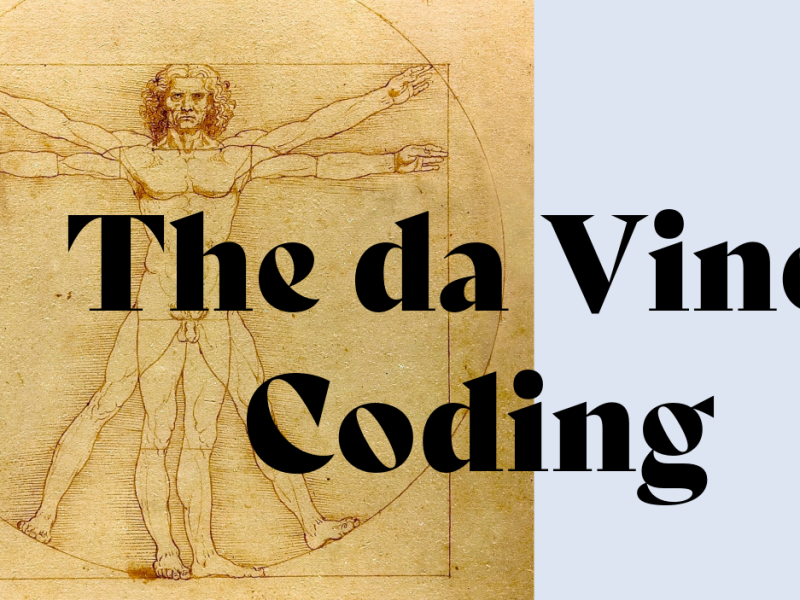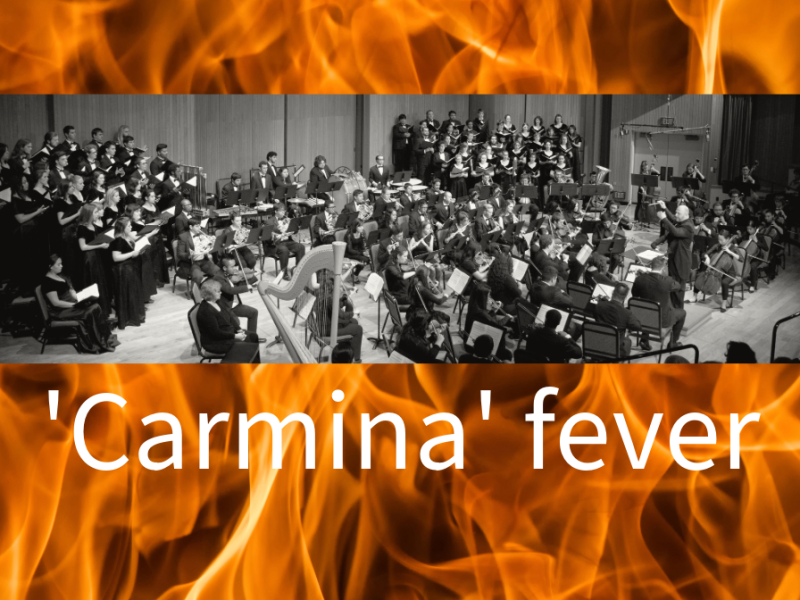For Damien Geter, composing the music and performing as a soloist is all in a day’s work for the Fresno Philharmonic
Damien Geter will be wearing two hats at Sunday’s concert by the Fresno Philharmonic. In the first part of the program, he will be feted in the role of composer as the orchestra performs the California premiere of his “Symphony No. 1: The Justice Symphony.” In the second part, he will perform as a featured bass-baritone soloist in another piece: none other than Beethoven’s monumental Symphony No. 9.
Maestro Rei Hotoda conducts the concert, which is the final one in the 2022-23 season.
When I reach Geter by phone earlier this week at his home in Chicago, I joke that he should get a special jacket or something, a la the PGA Masters or Good Company Players, for pulling a twofer. He replies with a laugh, “I’ll be happy to take a check.”
Here are Five Things to Know about Sunday’s concert:
1. Pairing “The Justice Symphony” and the Beethoven No. 9 is an important statement.
“Beethoven was a political composer,” Geter says. “A lot of people forget that.”
The Ninth is an ode, of course, to joy, and also tolerance and unity. Like any work of art, it can be interpreted in different ways, and it has been through the centuries. (Musicologist Nicholas Cook once observed: “Of all the works in the mainstream repertory of Western music, the Ninth Symphony seems the most like a construction of mirrors, reflecting and refracting the values, hopes and fears of those who seek to understand and explain it.” Yet today, the music is mostly read as an optimistic view of humanity – if it can only get its act together.
“The Justice Symphony” is a reminder of the work still to come, even in these contemporary times. The three-movement symphony is centered around anthems from the Civil Rights era. The referenced tunes include “Keep Your Eyes on the Prize,” “Hold On,” “Precious Lord” (a favorite of Geter’s mother) and “We Shall Overcome.”
Geter has composed several pieces with specific themes in mind, including his “An African American Requiem,” modeled after Verdi’s 1874 requiem. It includes an aria based on the words of suffragist Ida B. Wells, who in the early 20th century detailed a series of lynchings and their justifications, and it also provides a “breaking news” type of feel as it incorporates references to recent cases of police violence against Black Americans.
With “The Justice Symphony,” Geter focuses on the Civil Rights movement. Music played a major role in organizing that movement. The composer uses gospel, jazz and spirituals and puts them in a classical context.
This will be the first time for “The Justice Symphony” to be paired with the Beethoven Symphony No. 9.
2. He doesn’t usually do double duty.
A big part of the reason why Geter is both composer and singer at the concert is because of his friendship with Hotoda, he says. They were discussing the long-planned Beethoven piece, and he mentioned that “The Justice Symphony,” which premiered in 2022 at the University of Michigan, would be a good companion on the program. Hotoda has long made it a priority to highlight diverse composers, so the fit was natural.
“I’m excited to work with Rei,” he says. “She’s a gem.”
3. Geter is actually a triple threat, not just a double one.
“When I was young, I never thought I’d be a composer,” he says. “I wanted to be a conductor.”
He came from a household with a heavy musical influence, including rock, jazz and ‘90s hip hop. He received a bachelor’s degree in music education from Old Dominion University and a master’s degree in conducting from Indiana State University.
Along the way, he took the voice classes required of music majors. A professor noted his talent as a singer and even found a gig for him at a church.
“Oh, you’re going to pay me?” he remembers saying.
He added singing to his repertoire. He made his Metropolitan Opera debut in “Porgy and Bess” as the Undertaker and has performed at regional companies across the country; he’s also the interim music director and artistic adviser for Portland Opera.
Conducting is still a love, but he’s spending more time as a composer these days. Future commissions, according to his bio, include premieres at Seattle Opera and Emmanuel Music, and World Premiere full operatic productions in 2024, 2025, and 2026 at Seattle Opera, Virginia Opera, InSeries Opera, and Portland Opera.
4. The concert will be a choral extravaganza.
The lineup includes 135 members of the Fresno Master Chorale. Normally it would be more than enough for a choral group to tackle a massive piece like the 9th Symphony, but with “The Justice Symphony,” these singers are also performing double duty. (Let’s just say there will be some tired voices at the end of the evening.)
Anna Hamre, music director of the Chorale, started working on some sections of the Geter piece in February. It features complex harmonies and rhythms. She says the inclusion of familiar tunes – with some lyrics altered – makes the piece resonate.
“They are combined in a way to reflect the resilience of the Black population,” she says. “The piece is incredibly creative and downright inspiring.”
As for the Beethoven piece, three other professional singers besides Geter are featured: soprano Karen Slack (who also sings on the Geter piece), mezzo-soprano Sarah Mesko, and tenor Adam Diegel.
5. In a country on edge politically, Geter hopes to get his message out to as many people as he can.
“I have to choose my words carefully,” he says of the political climate. He would not feel safe taking his piece to some parts of the country.
Before “An African-American Requiem” was presented by Fort Worth Opera earlier this year, with Geter at the podium, the Dallas Morning News noted that after the work was acclaimed in 2022 at the Kennedy Center, “now the composer-conductor will lead its ‘red state’ premiere.”
“I was nervous about taking it down there (to Texas),” he says. I was worried about it. But that’s why I wrote the piece. That’s why I do this.”
The piece was received well. He even had a patron come up to him afterward and tell him the symphony made her think differently about violence.
He hopes “The Justice Symphony,” with its focus on hard-fought gains made in the civil rights movement, will have a similar impact wherever it’s performed, including Fresno.
“I’ll let the music speak for itself,” he says.









